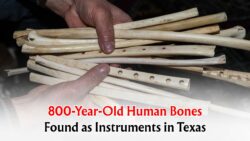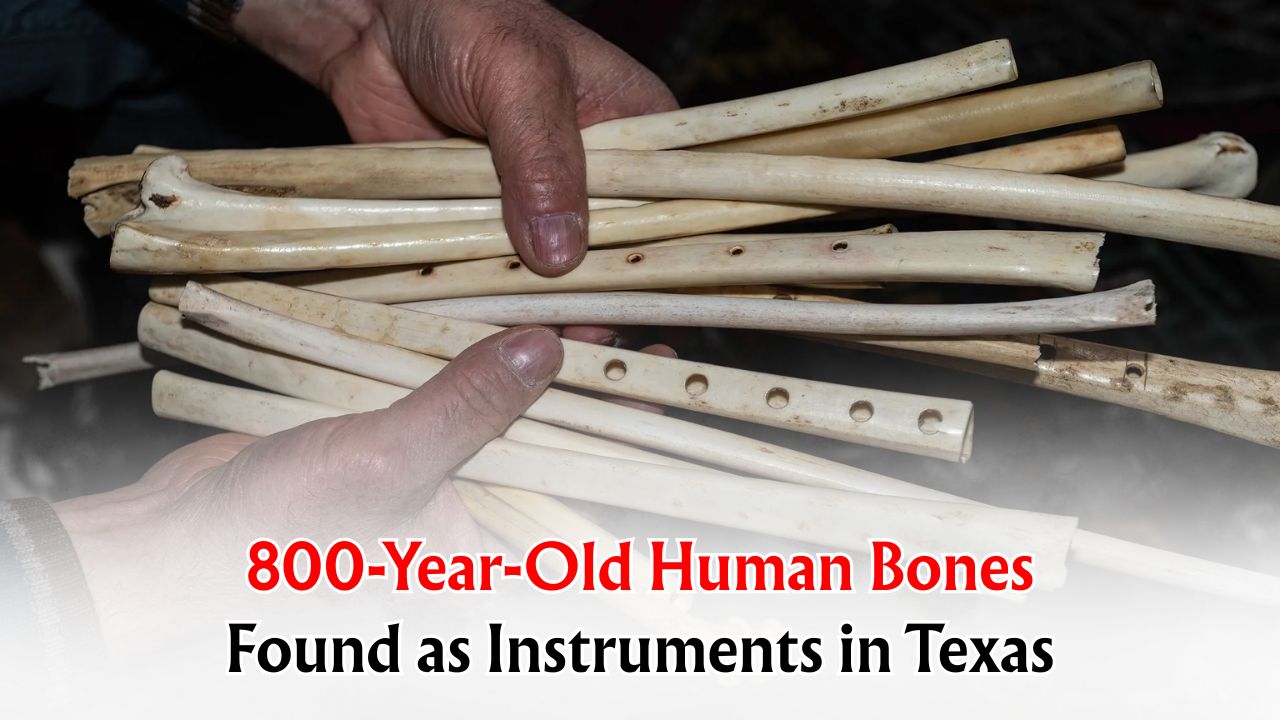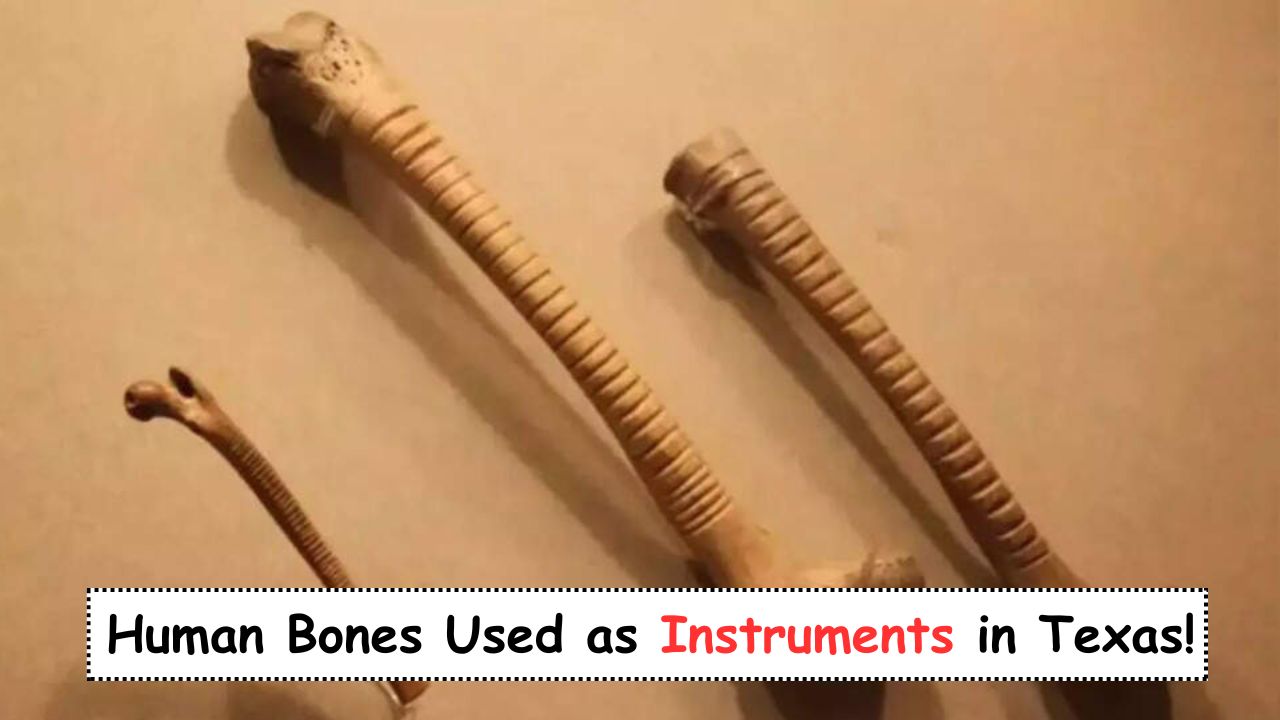Civil War Steamer – For more than a century, the mysterious disappearance of a Civil War-era steamer haunted local legend in Wisconsin. In a remarkable turn of events, the long-lost vessel has finally been uncovered in the murky waters of the Fox River, reigniting fascination and emotion among historians, river communities, and descendants of those who sailed aboard. This discovery not only brings closure to a piece of Civil War maritime history but also offers a rare, tangible connection to America’s past for new generations.
Historians and local residents have long speculated about the fate of the steamer, rumored to have sunk during a critical period of American history. Now, with its remains resurfacing after 145 years, a new chapter unfolds—one filled with emotional reunions, untold stories, and significant archaeological insight. The revelation has sparked immediate action by state departments, preservationists, and researchers, eager to study and protect this rare artifact from the nation’s most turbulent era.
This rediscovered Civil War steamer is more than just a shipwreck; it is a living memory of the struggles, ambitions, and resilience of the people who shaped the Midwest and the nation at large. The excitement over its resurfacing has also stirred public curiosity about lost vessels, river navigation, and the untold stories lying beneath Wisconsin’s waterways.
Discovery of the Civil War Steamer – How Was It Found?
The Fox River, winding through Wisconsin, has long concealed secrets of America’s maritime heritage. The recent emergence of the Civil War-era steamer’s wreckage represents the culmination of years of searching, local folklore, and technological innovation.
- The shipwreck was found near Appleton, Wisconsin, during a routine survey by the Department of Natural Resources.
- Advanced sonar equipment detected an unusual structure beneath the riverbed, prompting a detailed investigation.
- Historians believe the vessel was built in the late 1860s, shortly after the Civil War, and was used for transporting goods and passengers along the river.
- Local divers, archaeologists, and historians were called in to confirm the identity of the ship.
- Archival records and ship manifests matched key features found at the site, confirming its Civil War lineage.
- News of the discovery quickly spread, drawing national media and sparking renewed interest in river archaeology.
- The find is hailed as one of the most significant maritime discoveries in Wisconsin in recent decades.
Historical Significance – Why This Steamer Matters
The Fox River steamer was more than just a vessel; it was a symbol of hope, innovation, and commerce in a post-Civil War America. Its journey—and eventual disappearance—has fueled both academic curiosity and local myth for generations.
- Played a crucial role in trade and travel during Reconstruction.
- Carried mail, goods, and passengers across strategic river routes.
- Rumored to have transported Union veterans and their families seeking new beginnings in the Midwest.
- Provided economic lifelines to river communities recovering from war hardships.
- Its loss created a gap in local commerce and left a lingering mystery for over a century.
- The discovery offers insights into shipbuilding techniques, daily life, and the realities faced by 19th-century Americans.
- Its recovery allows experts to study period artifacts, personal belongings, and even preserved sections of the vessel.
Timeline of Events Leading to the Shipwreck’s Discovery
The journey from legend to reality was paved with determination, community involvement, and scientific rigor. The timeline below highlights the key moments in this historic discovery.
| Year | Event Description |
|---|---|
| 1869 | Steamer constructed and launched on the Fox River |
| 1872 | Last reported voyage; vessel disappears without a trace |
| 1920s | Local folklore and rumors circulate about the lost steamer |
| 1970s | First amateur search attempts using basic diving equipment |
| 2010 | Department of Natural Resources initiates high-tech river scans |
| 2022 | Sonar imaging detects anomaly near Appleton |
| 2025 | Full-scale archaeological survey confirms shipwreck’s identity |
| 2026 | Shipwreck announced and public engagement campaigns launched |
The Steamer’s Role in Wisconsin’s River Economy
For communities along the Fox River, the steamer was a floating lifeline that supported trade, communication, and travel during a pivotal era in Wisconsin’s history.
- Provided fast and reliable transport between major river towns.
- Helped expand agricultural markets by moving crops and livestock.
- Facilitated the growth of post-war industries in the region.
- Offered safe passage for families relocating in the aftermath of the Civil War.
- Created jobs for sailors, craftsmen, and merchants along the river.
- Fostered cultural exchange and social mobility throughout Wisconsin.
- Inspired local innovations in boatbuilding and navigation technology.
Artifacts and Preservation Efforts – What Was Found Onboard?
The steamer’s rediscovery has yielded a treasure trove of artifacts, many preserved in silt and cold river water for generations. These relics provide rare insights into the daily lives of passengers and crew during the 19th century.
| Artifact Type | Description | Historical Value | Condition | Year Recovered | Display Location | Research Status | Public Access |
|---|---|---|---|---|---|---|---|
| Ship’s Bell | Brass bell engraved with vessel name | High | Good | 2025 | Wisconsin Maritime Museum | Under Analysis | Planned 2026 |
| Navigational Charts | Hand-drawn river maps | Moderate | Fragile | 2025 | State Archive | Digitizing | Restricted |
| Personal Belongings | Passengers’ luggage, shoes, clothing | High | Variable | 2025 | Local Heritage Center | Cataloging | Upcoming Exhibit |
| Cargo Manifests | Ledgers and shipping lists | High | Preserved | 2025 | Historical Society | Ongoing | On Request |
| Engine Components | Steam boiler parts, machinery pieces | Moderate | Corroded | 2025 | Fox River Project HQ | Restoration | Not Yet Open |
| Ceramics and Utensils | Tableware used by crew and travelers | Low-Moderate | Good | 2025 | Community Display Hall | Preparing Exhibit | Limited Access |
| Letters/Diaries | Handwritten notes from the era | High | Delicate | 2025 | State Library | Translation | TBA |
| Coins and Tokens | Currency from 1800s | Moderate | Excellent | 2025 | Wisconsin History Museum | Cleaned | Displayed |
Challenges in Salvage and Conservation
Recovering and preserving a 145-year-old shipwreck comes with significant technical and environmental hurdles.
- The vessel was embedded in thick river silt, complicating excavation.
- Waterlogged wood and corroded metal required special conservation techniques.
- Environmental protection measures were crucial to prevent riverbed damage.
- Artifacts needed immediate stabilization to prevent decay upon exposure.
- Local and federal agencies collaborated to ensure safe and ethical salvage.
- Funding was provided by state grants, historical societies, and private donors.
- Ongoing monitoring protects the site from looting and environmental threats.
The Steamer’s Crew and Passengers – Uncovering Human Stories
One of the most compelling aspects of this discovery is the personal history tied to the ship’s crew and passengers. Through recovered documents and oral traditions, researchers are piecing together human stories from the era.
- Ship’s registry lists over 30 regular crew members, including engineers and deckhands.
- Passenger records reveal families, traders, and even Civil War veterans.
- Diaries found aboard describe daily routines, river dangers, and local encounters.
- Family heirlooms and letters offer emotional connections to descendants.
- Interviews with local residents have helped identify potential relatives.
- Community events are planned to reunite families with artifacts and stories.
- The discovery has inspired a surge in ancestry and genealogy research across Wisconsin.
Notable Passengers and Crew Table
| Name | Role | Age | Hometown | Connection to Steamer | Last Recorded Activity | Artifact Found | Status |
|---|---|---|---|---|---|---|---|
| Captain Samuel Lowe | Ship Captain | 44 | Green Bay, WI | Commanded last voyage | 1872 | Logbook | Family Located |
| Mary Ann Jeffries | Passenger | 28 | Appleton, WI | Civil War widow | 1872 | Diary | Descendants Found |
| John “Red” Malone | Engineer | 35 | Oshkosh, WI | Maintained engine | 1872 | Tools | No Known Family |
| The Baxter Family | Passengers | 5 | Fond du Lac, WI | Settlers moving west | 1872 | Toys | Family Contacted |
| Pvt. Henry Adams | Union Veteran | 29 | Madison, WI | Returning home | 1872 | Medal | Research Ongoing |
| Sarah Evans | Cook | 41 | Neenah, WI | Prepared meals | 1872 | Utensils | No Descendants |
| William Thomas | Deckhand | 22 | Milwaukee, WI | River navigation | 1872 | Uniform Piece | Status Unknown |
| Elizabeth Clark | Passenger | 33 | Kaukauna, WI | Traveling for work | 1872 | Purse | Tracing Family |
Community Involvement and Reaction
Local enthusiasm has been overwhelming since news of the discovery broke.
- Schools have added the steamer’s story to history curricula.
- Volunteers assist in artifact cataloging and preservation.
- Museums plan interactive exhibits based on the wreck.
- Riverboat tour companies offer themed cruises highlighting the ship’s route.
- Social media has buzzed with photos and family stories tied to the vessel.
- Wisconsin’s tourism board expects increased visitors to Fox River sites.
Departmental Contact Details and Public Engagement
Preserving the legacy of the Civil War steamer is a multi-agency effort, bringing together state and local resources, experts, and the general public. Below are key contacts for information, tours, and research.
| Department/Agency | Contact Person | Phone | Address | Services Offered | |
|---|---|---|---|---|---|
| Wisconsin Dept. of Natural Resources | Mark Petersen | (555) 123-4567 | mark.petersen@dnr.wi.gov | 101 S Webster St, Madison, WI 53703 | Archaeology, Site Access |
| Fox River Heritage Project | Lisa Raymond | (555) 234-5678 | lisa.raymond@foxheritage.org | 221 Riverfront Dr, Appleton, WI 54911 | Tours, Public Exhibits |
| Wisconsin Maritime Museum | Dr. Alan Richards | (555) 345-6789 | alan.richards@wimaritime.org | 75 Maritime Dr, Manitowoc, WI 54220 | Artifact Displays, Research |
| Wisconsin Historical Society | Emily Carter | (555) 456-7890 | ecarter@wisconsinhistory.org | 816 State St, Madison, WI 53706 | Records, Family Research |
| Local Heritage Center | Jim Keller | (555) 567-8901 | jim.keller@heritagecenter.org | 30 E College Ave, Appleton, WI 54911 | Community Outreach |
| Appleton Tourism Office | Sarah Griffin | (555) 678-9012 | sarah.griffin@visitappleton.com | 213 S Appleton St, Appleton, WI 54911 | Visitor Information |
| Wisconsin State Library | Rachel Harmon | (555) 789-0123 | rachel.harmon@statelibrary.org | 211 W Wisconsin Ave, Milwaukee, WI | Archives, Document Access |
FAQs
1. How was the Civil War steamer finally discovered?
The steamer was detected during a Department of Natural Resources sonar survey, with follow-up dives confirming its identity through historic artifacts and documents.
2. Can the public visit the shipwreck site?
Access to the exact site is restricted for preservation, but tours and museum exhibits featuring recovered artifacts will be open to the public.
3. What kinds of artifacts have been recovered?
Finds include the ship’s bell, personal belongings, navigation charts, letters, coins, engine parts, and cargo records—all of which offer insight into the era.
4. Who oversees the preservation and study of the shipwreck?
A partnership of state departments, museums, historical societies, and local heritage projects is managing all conservation and public engagement efforts.
5. Are any descendants of the steamer’s passengers still in the area?
Yes, several families have already been identified and contacted, with community events planned to reunite descendants with personal items and stories.







